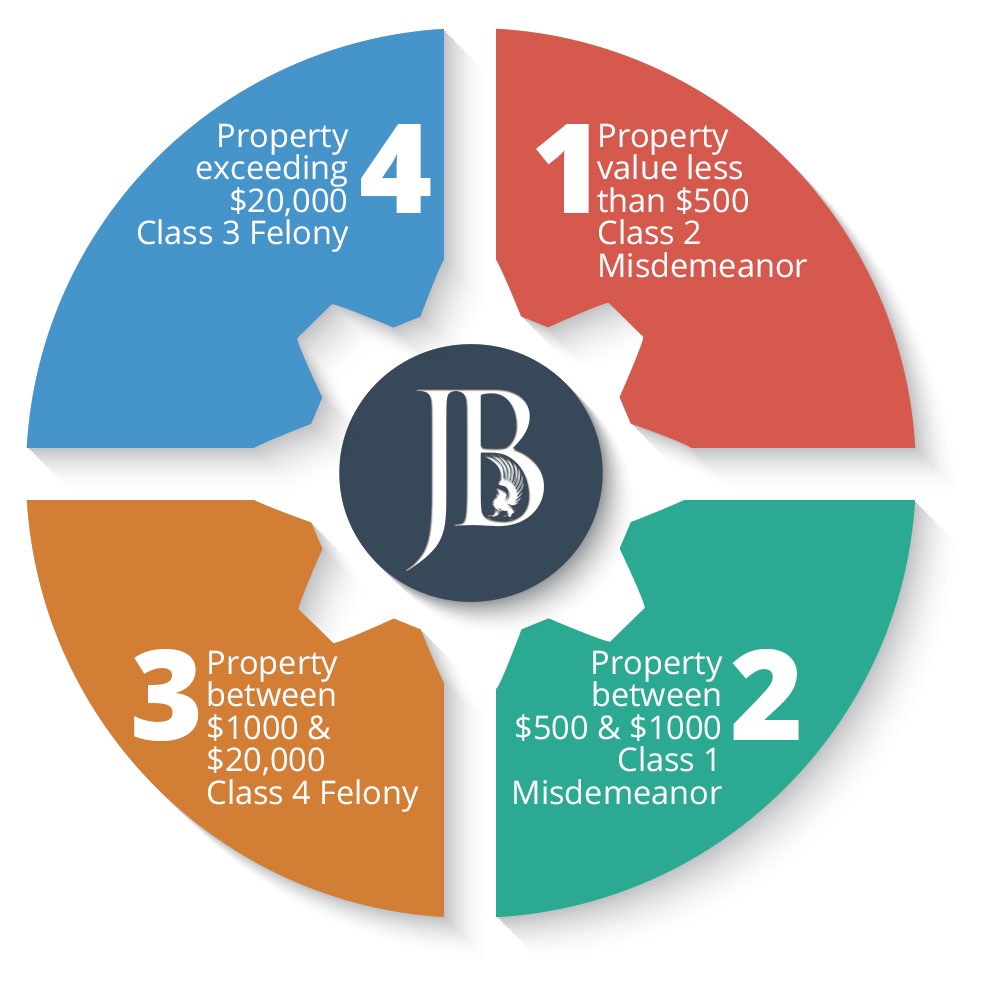A Comprehensive Overview To The Criminal Trial: Step-By-Step Insights Into The Refine
A Comprehensive Overview To The Criminal Trial: Step-By-Step Insights Into The Refine
Blog Article
Content Create By-Donovan Schmitt
When you step into a criminal trial, you might be surprised by the organized process that unfolds. All of it begins with court choice, where prospective jurors are looked at for biases via a method called "voir dire." After that, both sides provide their opening statements, establishing the stage for the proof and testimonies to adhere to. You'll see exactly how the prosecution and defense develop their instances, yet what happens next can significantly affect the result. Understanding these stages can reveal the complexities of justice, but there's even more to uncover about the critical moments that comply with.
Jury Choice Process
When it comes to the court option procedure, you're diving into a vital stage of a criminal trial. criminal defence law firm , often called "voir dire," includes wondering about potential jurors to ensure they're objective and with the ability of supplying a fair verdict.
You'll see both the prosecution and defense attorneys participating proactively, each intending to select jurors that line up with their instance's narrative.
During voir dire, you'll see that lawyers ask questions concerning jurors' histories, ideas, and experiences. Their objective is to identify any type of pre-existing prejudices that could affect a juror's decision. As a juror, you might feel a mix of uneasiness and inquisitiveness, yet your honesty is essential.
After examining, attorneys can test particular jurors for reason if they believe a juror can't stay neutral. They can additionally make use of a limited number of peremptory challenges to dismiss jurors without specifying a reason.
Test Phases Explained
The phases of a criminal trial play a crucial role in making certain a fair and organized procedure.
You'll first come across the opening statements, where both the prosecution and defense describe their situations. This establishes the stage of what's ahead.
Next off, the prosecution presents its evidence and witnesses, intending to prove the accused's shame past a practical uncertainty. You'll see direct evaluation adhered to by interrogation, permitting both sides to challenge today details.
After the prosecution rests its situation, it's the protection's turn. They'll provide their evidence and witnesses, frequently focusing on creating practical question. You'll see that the protection does not need to confirm virtue; they simply need to challenge the prosecution's situation.
Once both sides have actually presented their arguments, you'll listen to closing declarations, where each event summarizes their instance. This is critical as it reinforces their positions prior to the court ponders.
Throughout these stages, the court makes certain that the trial complies with legal requirements and that the civil liberties of both celebrations are secured.
Comprehending these stages will certainly help you value the complexities involved in a criminal test and the relevance of each action in the quest of justice.
Judgment and Sentencing
After all proof has existed and debates made, the jury or court delivers a decision, figuring out the defendant's sense of guilt or innocence. If you're part of the court, you'll deliberate with your fellow jurors, reviewing the proof and your perceptions. https://drive.google.com/drive/folders/1ZMUK7uAojpEoSMy-2ybuw_dendti4Z8M can take time, as you'll want to make certain everyone agrees on the judgment based on the truths.
As soon as a decision is reached, it's announced in court. If the defendant is found guilty, the following phase is sentencing. This is when the court determines the appropriate penalty. You may notice that numerous variables influence the sentence, such as the seriousness of the crime, the defendant's past document, and any type of mitigating scenarios.
related web-site may impose a series of sentences, from fines and social work to imprisonment. Sometimes, the defense or prosecution can present arguments pertaining to sentencing, trying to guide the judge's decision.
If the defendant is found not guilty, they're acquitted, and no penalty complies with. Bear in mind that a guilty verdict can usually bring about charms, where the defendant may challenge the decision or the sentence imposed.
Conclusion
In a criminal test, you have actually seen how crucial each step is, from court option to the final verdict. You've followed the prosecution and defense as they construct their cases, intending to convince the jury. Once consideration wraps up, the verdict determines the end result, and if the offender is found guilty, the sentencing stage starts. Recognizing these procedures assists you value the complexities of the justice system and the relevance of each role in making certain a reasonable test.
